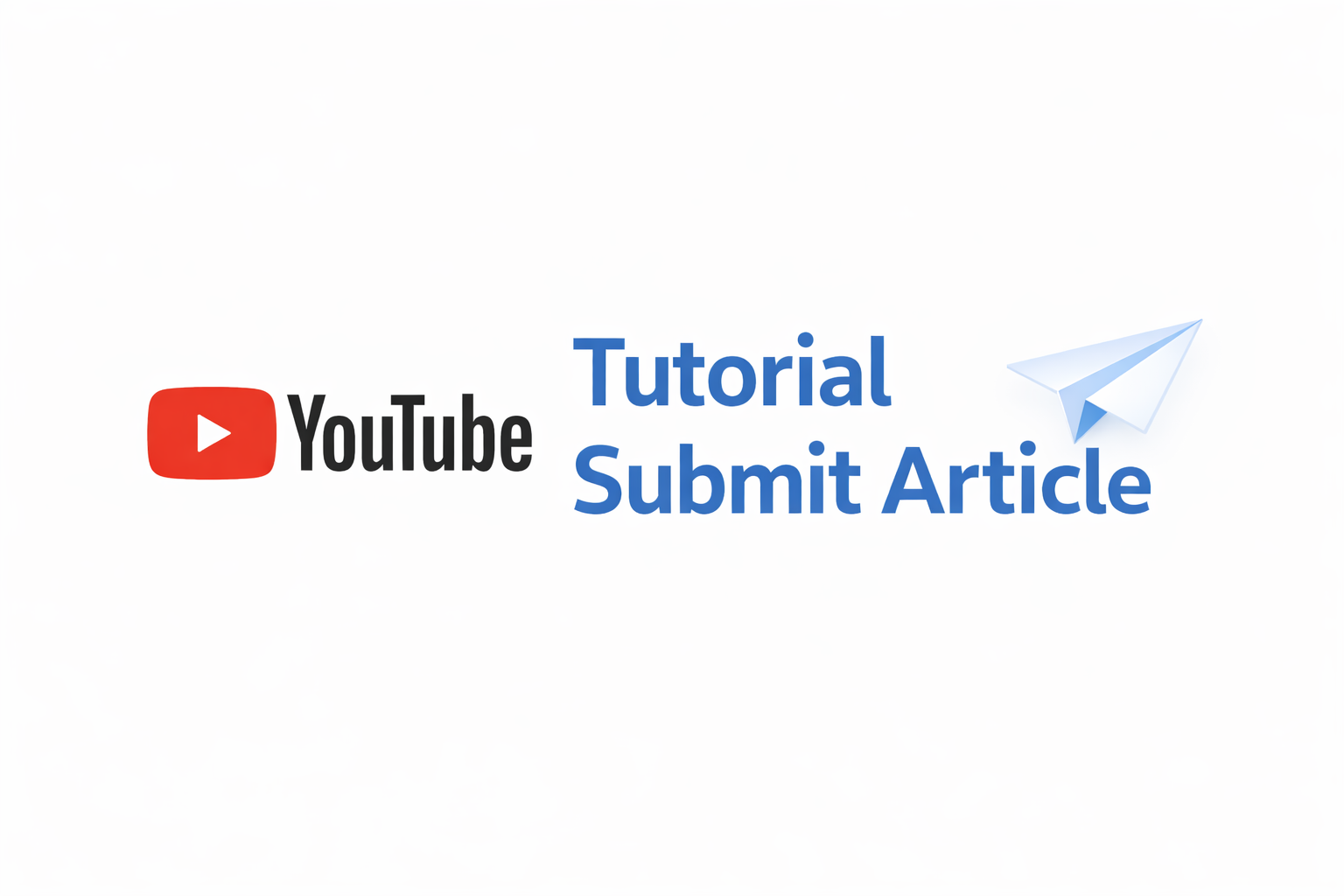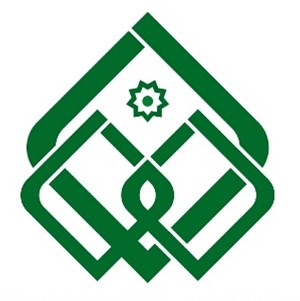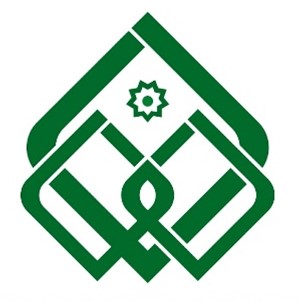Publication Ethics
Publication Ethics — Al-Ahla: Jurnal Ilmu Hukum dan Hukum Keluarga Islam
Al-Ahla: Jurnal Ilmu Hukum dan Hukum Keluarga Islam is firmly committed to upholding the highest standards of academic integrity and ethical publication practices. The journal follows the principles of the Committee on Publication Ethics (COPE) and ensures that all parties involved in the publication process — authors, editors, reviewers, and the publisher — adhere to the ethical responsibilities described below.
Duties of Authors
- Originality and Plagiarism: Authors must ensure that their works are original and that any use of others’ work has been properly cited or quoted. Plagiarism in any form, including self-plagiarism, is strictly prohibited.
- Data Accuracy: Authors are responsible for presenting accurate, verifiable data and for ensuring the integrity of their research findings. Fabrication, falsification, or manipulation of data is unethical and unacceptable.
- Multiple or Redundant Submission: Authors must not submit the same manuscript to more than one journal at the same time or republish previously published work without acknowledgment.
- Authorship Criteria: Only individuals who have made a significant intellectual contribution to the conception, design, execution, or interpretation of the study should be listed as authors.
- Disclosure of Conflicts of Interest: Authors must disclose any financial or personal relationships that could influence their research or interpretation of the data.
Duties of Editors
- Fair Evaluation: Editors evaluate manuscripts based solely on their academic merit, regardless of the authors’ race, gender, institutional affiliation, or political beliefs.
- Confidentiality: Editors must not disclose any information about a submitted manuscript to anyone other than the corresponding author, reviewers, and relevant editorial staff.
- Editorial Decisions: Editors are responsible for deciding which manuscripts to publish, guided by scholarly quality, relevance, and compliance with legal and ethical standards.
- Conflict of Interest: Editors must withdraw from handling manuscripts in which they have any conflicts of interest arising from competitive, collaborative, or financial relationships.
Duties of Reviewers
- Contribution to Editorial Decisions: Reviewers support the editorial process by offering objective, constructive feedback that assists editors and authors in improving the quality of submitted manuscripts.
- Confidentiality: All manuscripts received for review must be treated as confidential documents and must not be shared or discussed with others.
- Objectivity and Professionalism: Reviews must be conducted impartially, without personal criticism or bias toward the author.
- Acknowledgment of Sources: Reviewers should identify relevant published works that the authors have not cited and alert editors to any potential plagiarism or duplication.
- Conflict of Interest: Reviewers should recuse themselves from evaluating manuscripts in which they have conflicts of interest involving any author, institution, or funding source.
Duties of the Publisher
As the publisher of Al-Ahla: Jurnal Ilmu Hukum dan Hukum Keluarga Islam, the institution ensures that every stage of the publication process is conducted with academic rigor, ethical awareness, and transparency. The publisher works closely with editors and reviewers to prevent research misconduct, safeguard intellectual property, and maintain the scholarly reputation of the journal.














